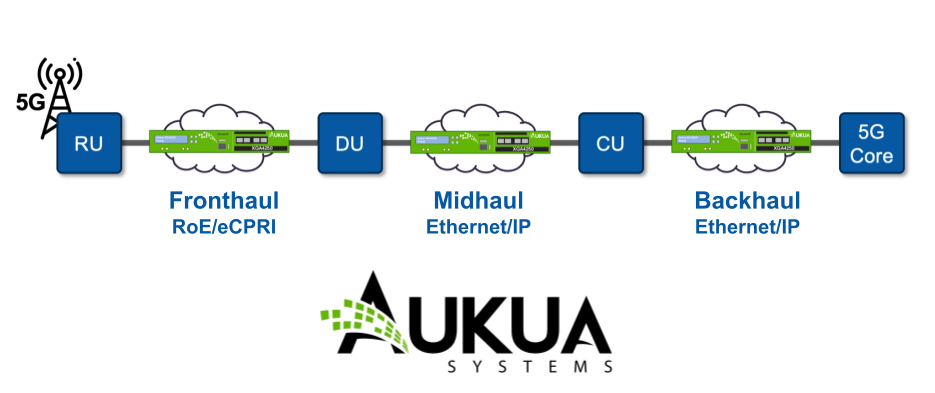The Evolution of Network Visibility: Why TAPs Are Key
Network change is accelerating, driven by growing complexity, new regulations, cloud migrations, and shifting security demands. IT teams are constantly managing growth while deploying new services and supporting evolving use cases. The challenge? Keeping networks stable amidst continuous change.
A well-structured Visibility Architecture is key to simplifying network monitoring and enhancing the effectiveness of tools, no matter the network’s scale. The initial step when designing or evaluating your architecture involves deciding how to access the data: Should you deploy a SPAN or a TAP? Where is the best location for these devices? How many are needed to optimize monitoring and ensure network efficiency? These considerations will shape the effectiveness of your monitoring solution and help streamline network operations.
First: What is a TAP?
A TAP (Test Access Point) is a passive monitoring tool used to capture network traffic without impacting the performance of the network. Installed between devices such as switches or firewalls, it offers a non-intrusive way to access data. TAPs support both inline and out-of-band monitoring methods, making them versatile for a variety of use cases. They’re particularly valuable for troubleshooting network issues, as they allow for continuous monitoring without downtime, ensuring that network operations remain uninterrupted while providing detailed insights into traffic.
TAPs vs. SPANs
While SPAN (Switched Port Analyzer) ports enable network monitoring, they come with several limitations. SPANs can drop packets, overlook errors, and struggle with capturing full-duplex traffic. This makes it harder for engineers to get a complete picture of network performance. Additionally, configuring SPANs often introduces delays as switches process and filter data. In contrast, TAPs provide accurate, uninterrupted traffic capture in real time, ensuring a more reliable monitoring process. They allow engineers to troubleshoot network issues, including physical layer problems, without the interference or delays that SPANs might introduce.
Inline TAPs vs. Bypass TAPs: Key Differences
- Inline TAPs: Designed to capture all traffic on a network link, including any errors, without disrupting the flow of data. Unlike other monitoring solutions, they do not introduce delays or alter the data, ensuring accurate and uninterrupted visibility. A key feature of Inline TAPs is their “fail open” design, meaning that if the monitoring device is removed or loses power, the TAP allows traffic to continue passing through unaffected. This fail-safe functionality ensures that the network remains stable and operational, even in the event of hardware or monitoring device failures.
- Bypass TAPs: Designed to ensure continuous network traffic flow, even in the event of monitoring device failure. They feature a failover mechanism that uses a heartbeat signal to detect if a monitoring device is malfunctioning or powered off. If the device fails, the bypass TAP automatically reroutes traffic, maintaining network stability without interruption. This fail-safe design prevents network downtime by eliminating single points of failure in security and monitoring setups, ensuring the link remains operational even during hardware issues or outages.
Telnet Networks TAP Partners

Designed for high-performance environments, seamlessly replicating network traffic without impacting performance. These devices create an exact copy of the data passing through switches or routers, ensuring accurate monitoring for troubleshooting, performance, and security analysis. With fail-safe bypass and high-speed network support, Profitap TAPs provide continuous, high-throughput visibility for enterprises.

Elevate network monitoring by offering secure, real-time access to traffic for performance analysis and troubleshooting. Capturing traffic inline, they deliver lossless, accurate data crucial for diagnostics and security. With advanced filtering and a robust design, Keysight TAPs are reliable and scalable, making them essential for optimizing network visibility in complex environments.

Provide high-performance monitoring by replicating all traffic without disrupting network operations. Built for high-throughput environments, these TAPs support demanding enterprise networks, offering seamless solutions for security monitoring, troubleshooting, and performance optimization. Advanced features like packet slicing and fault tolerance ensure uninterrupted network visibility at scale.

Cubro is a leading provider of network visibility and monitoring solutions, helping organizations gain full insight into their network traffic. From high-performance Network Packet Brokers to scalable Optical TAPs and centralized management tools, Cubro empowers IT teams to optimize performance, enhance security, and troubleshoot with confidence.






